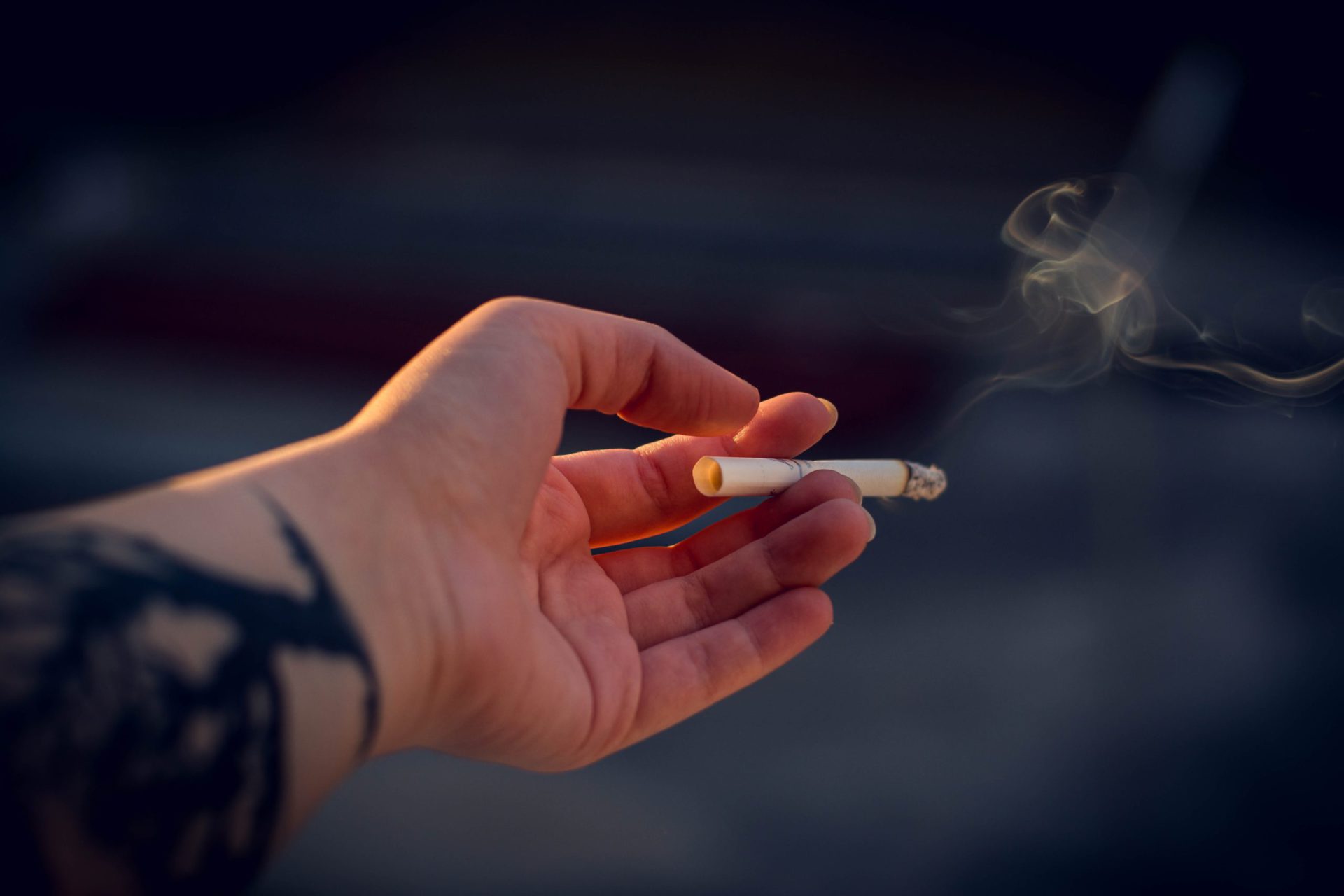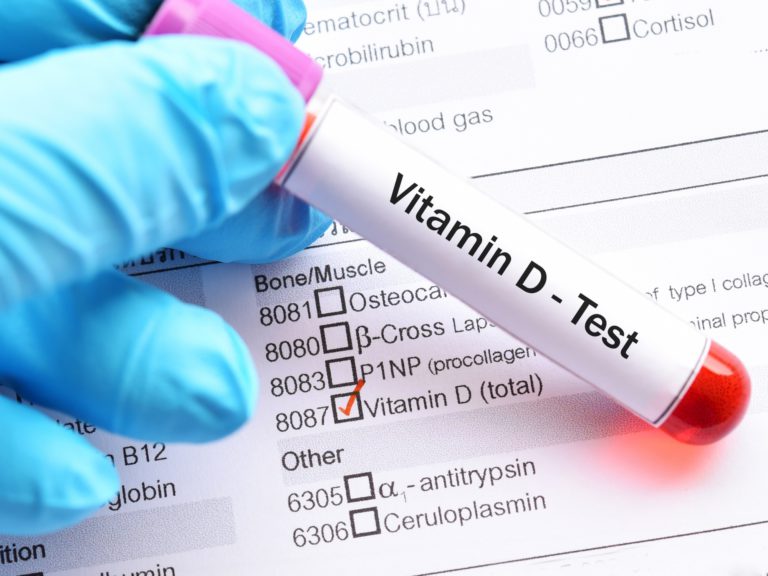
In a world where drug tests are commonplace for various purposes, it’s essential to understand the factors that can influence the results. One often-overlooked aspect is secondhand smoke and its potential to affect drug test outcomes. In this comprehensive article, we’ll dive deep into the topic, exploring the intricacies of drug tests, secondhand smoke exposure, and whether it can indeed lead to a failed drug test.
Understanding Drug Tests
Types of Drug Tests
Drug tests come in various forms, including urine tests, blood tests, hair follicle tests, and saliva tests. Each type has its strengths and weaknesses in detecting different substances.
How Do Drug Tests Work?
Drug tests typically identify the presence of specific metabolites or substances in your body. These metabolites are markers left behind by drugs, and their detection depends on the type of test being used.
Where To Get Tested?
Say Goodbye To Waiting Rooms And Long Lines. Speedy Sticks offers at-home testing.
Secondhand Smoke: What Is It?
Components of Secondhand Smoke
Secondhand smoke is a complex mixture of chemicals and particles. It is primarily composed of two types: mainstream smoke (exhaled by the smoker) and sidestream smoke (emitted from the burning end of a cigarette).

Can Secondhand Smoke Contain Drugs?
While secondhand smoke doesn’t contain drugs in the same concentration as firsthand smoke, it can still carry trace amounts of substances like nicotine, THC (the psychoactive compound in marijuana), and other drugs.
The Connection Between Secondhand Smoke and Drug Tests
Passive Inhalation: A Closer Look
Passive inhalation occurs when someone unintentionally breathes in secondhand smoke. This process can introduce trace amounts of substances into the non-smoker’s system.
Secondhand Smoke and THC
THC, the compound responsible for the “high” in marijuana, can be detected in drug tests. We’ll explore how secondhand smoke exposure to THC can affect drug test results.
Other Drugs and Secondhand Smoke
THC is not the only substance of concern. We’ll discuss the potential influence of other drugs found in secondhand smoke on drug tests.
Factors That Influence Secondhand Smoke Exposure

Environment
The environment in which secondhand smoke exposure occurs plays a significant role. We’ll explore how factors like confined spaces and ventilation affect exposure levels.
Duration of Exposure
The longer you’re exposed to secondhand smoke, the more likely it is to affect your system. We’ll discuss the importance of exposure duration.
Ventilation
Proper ventilation can mitigate the risks associated with secondhand smoke exposure. Learn how ventilation systems impact indoor air quality.
Can Secondhand Smoke Make You Fail a Drug Test?

The THC Dilemma
THC detection in drug tests is a major concern. We’ll delve into the likelihood of failing a drug test due to passive inhalation of THC.
Rare Cases and Extreme Exposure
While it’s uncommon, extreme exposure to secondhand smoke can potentially lead to a failed drug test. We’ll examine rare cases and their implications.
The Legal Perspective: Employee Rights
Legal Protections
Employees have rights when it comes to drug tests and secondhand smoke exposure. We’ll outline legal protections and what to do if you believe your rights have been violated.
Employer Policies
Employers often have policies in place regarding drug testing and workplace smoking. Discover how these policies may impact your exposure risk.
Tips for Minimizing Secondhand Smoke Exposure
Creating Smoke-Free Environments
Taking steps to create smoke-free environments can significantly reduce the risk of exposure. We’ll provide practical tips for achieving this.
Proper Ventilation
Effective ventilation systems can help maintain clean indoor air. Learn how to ensure your surroundings are well-ventilated.
Conclusion
While it is theoretically possible for secondhand smoke to influence drug test results, it is highly unlikely in most cases. Understanding the nuances of this issue is crucial for individuals undergoing drug tests, as well as employers and policymakers. By promoting smoke-free environments and ensuring proper ventilation, we can mitigate the potential impact of secondhand smoke on drug tests.
Say Goodbye To Waiting Rooms And Long Lines. Speedy Sticks offers at-home testing.








